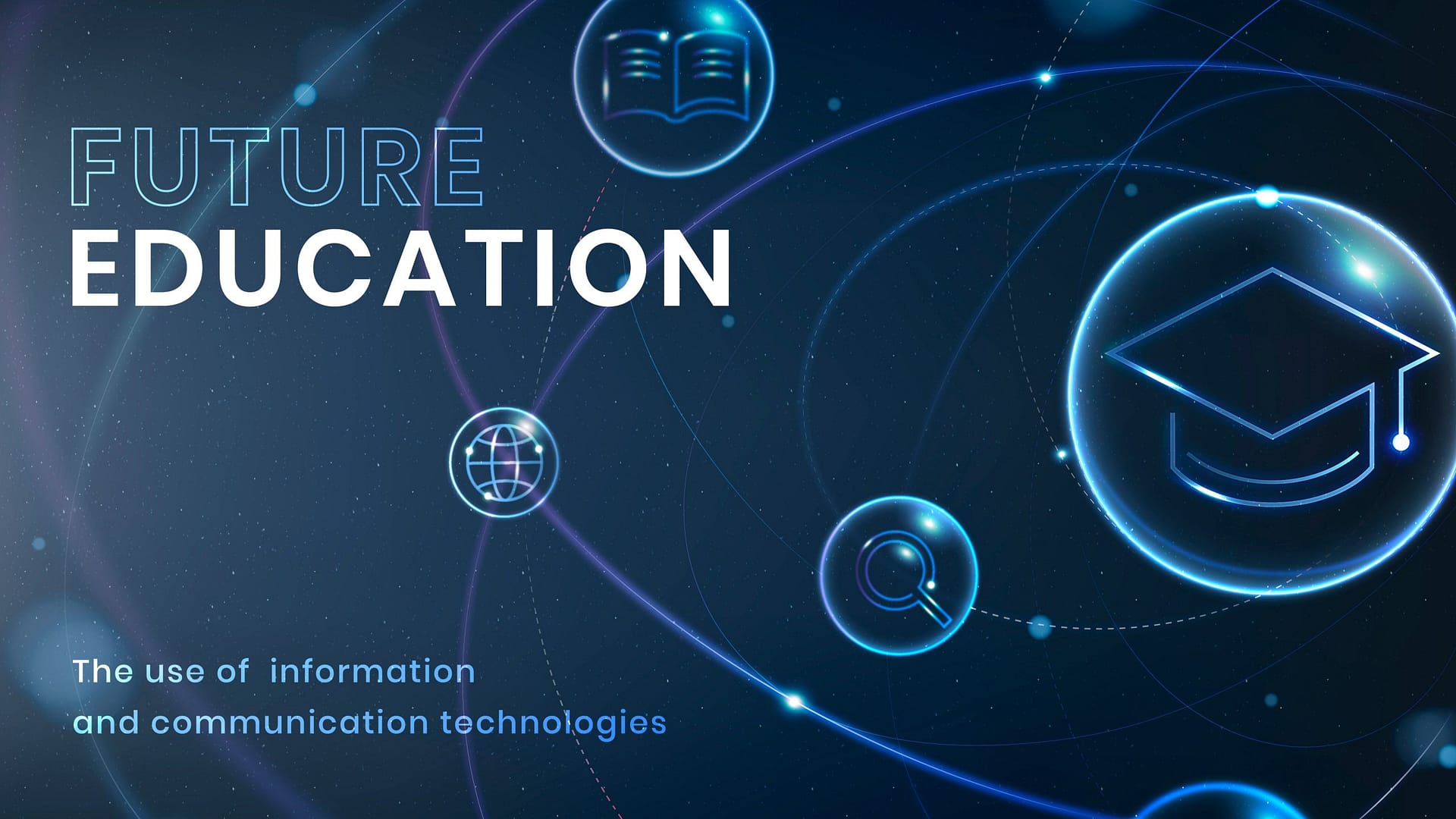In the ever-evolving landscape of education, artificial intelligence (AI) stands as a promising force that has the potential to transform teaching and learning. The integration of AI into educational practices holds the key to creating more personalized, efficient, and effective learning experiences. However, as we navigate this transformative journey, it is crucial to approach it with careful consideration and thoughtful implementation. In this blog, we will explore how AI is set to revolutionize education and discuss the imperative of getting it right.
The Promise of AI in Education:
1. Personalization:
AI has the power to tailor educational content to the unique needs and learning styles of individual students. By analyzing data on students’ performance and preferences, AI can provide customized learning paths, ensuring that each student receives the support they require.
2. Adaptive Learning:
With adaptive learning systems driven by AI, educational platforms can dynamically adjust the level of difficulty and content based on a student’s progress. This fosters a more engaging and challenging learning experience, keeping students motivated and stimulated.
3. Efficient Assessments:
AI-driven assessments offer real-time feedback to both students and educators. This not only streamlines the evaluation process but also enables timely interventions to address learning gaps and enhance overall educational outcomes.
4. Global Accessibility:
AI-powered educational tools facilitate global accessibility, breaking down geographical barriers. This ensures that learners from diverse backgrounds can access quality education, promoting inclusivity and equal opportunities.
5. Data-Driven Decision Making:
AI analytics provide valuable insights into student performance and learning patterns. Educators and institutions can use this data to make informed decisions, refining teaching strategies and optimizing resources for better outcomes.
Challenges and Considerations:
While the promise of AI in education is vast, it is essential to acknowledge and address potential challenges to ensure a successful integration.
1. Ethical Use of Data:
The collection and analysis of student data by AI systems raise concerns about privacy and ethical use. Striking the right balance between leveraging data for educational improvement and safeguarding individual privacy is crucial.
2. Teacher Training:
Effective integration of AI in education requires adequate training for educators. Ensuring that teachers are equipped with the skills to navigate AI tools and leverage them to enhance teaching is essential.
3. Equity and Inclusion:
As AI transforms education, it is imperative to address issues of equity and inclusion. Ensuring that AI tools benefit all students, regardless of socio-economic background or learning abilities, should be a priority.
4. Balancing Technology and Human Interaction:
While AI can enhance efficiency, it is vital to maintain a balance between technology-driven learning and the invaluable human touch in education. The role of teachers as mentors and guides remains irreplaceable.
Getting it Right: A Call to Action
To ensure that AI truly transforms teaching and learning for the better, a thoughtful and collaborative approach is required:
1. Invest in Teacher Professional Development:
Provide comprehensive training programs for educators to understand and effectively integrate AI tools into their teaching methodologies.
2. Establish Ethical Guidelines:
Develop and adhere to clear ethical guidelines for the use of AI in education, emphasizing transparency, consent, and the responsible handling of student data.
3. Promote Accessibility and Inclusivity:
Strive to make AI-powered educational tools accessible to all students, regardless of socio-economic status or geographic location. This involves addressing issues related to digital access and providing support where needed.
4. Encourage Collaboration:
Foster collaboration between educators, policymakers, technologists, and other stakeholders. A collaborative effort ensures that the benefits of AI are maximized while potential drawbacks are mitigated.
5. Continuous Evaluation and Adaptation:
Regularly assess the impact of AI in education, seeking feedback from teachers, students, and parents. This ongoing evaluation allows for necessary adjustments and refinements to optimize the learning experience.
Conclusion:
AI holds immense promise for transforming teaching and learning, offering personalized, adaptive, and globally accessible education. To fully realize this potential, it is crucial to approach the integration of AI in education with careful consideration, addressing challenges and ensuring ethical practices. By investing in teacher training, establishing ethical guidelines, promoting accessibility, fostering collaboration, and continuously evaluating and adapting, we can collectively ensure that AI in education becomes a powerful force for positive change. Let’s embark on this journey with a commitment to getting it right, shaping a future where every student has the opportunity to thrive through the transformative power of AI in education.
